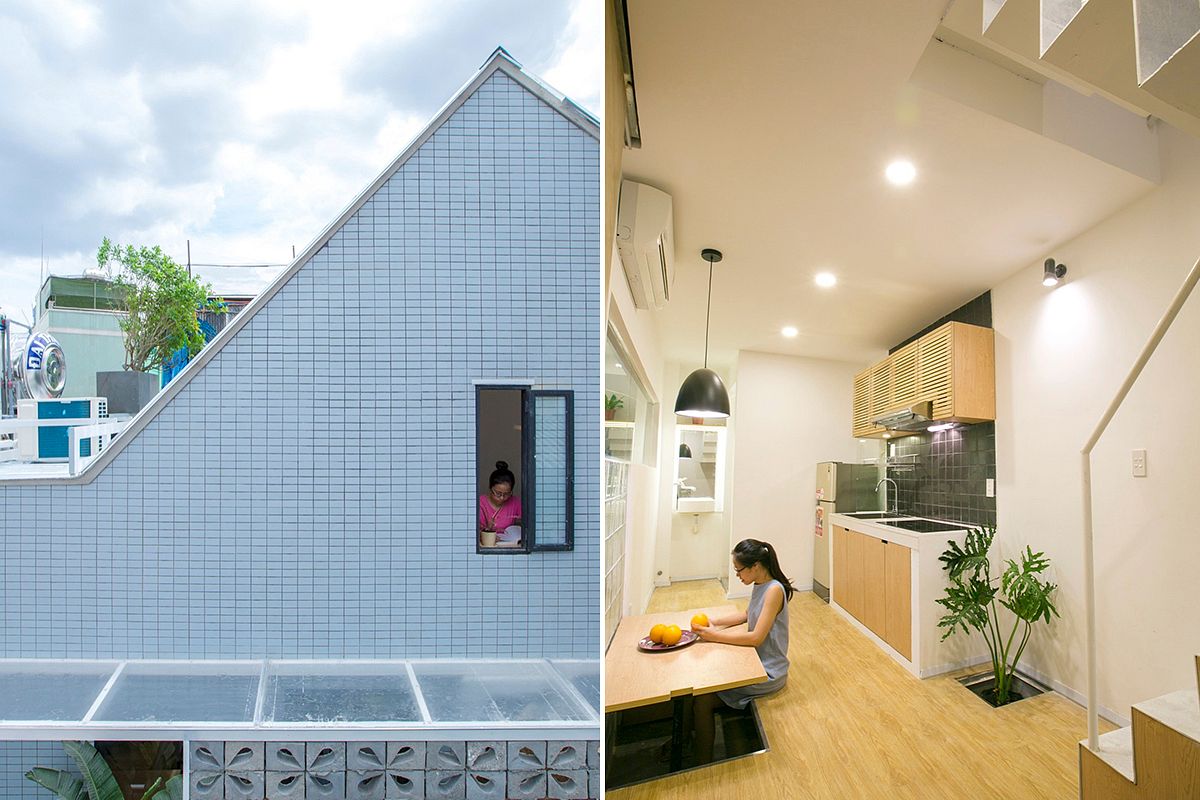A recent video produced by the World Bank tells the story of two brothers born in a poor family, one living in the mountainous area, one migrating to the city, to respond to the question: What will it take to end poverty in Vietnam?
According to the United Nations, the Vietnamese poverty rate has decreased from 58 percent in 1993 to 28.9 percent in 2002, 14.5 percent in 2008 and 12 percent in 2011 (for some reason, the UN and WB statistics don't match), mainly due to an extended period of economic growth.
While The World Bank, The Asian Development Bank, The United Nations and The European Commission would probably pat themselves on the back for these numbers, it's the Vietnamese government that has pushed ambitious anti-poverty schemes. These include extensive poverty-reduction programs and the implementation of social insurance, health insurance and unemployment insurance.
Though its slogan is, "Working for a World Free of Poverty," many argue that the World Bank is an economic tool for western governments to impose their will on developing nations.
Its former Chief Economist, Joseph Stiglitz, has argued that the policies which the Bank advocates are often harmful to economic development if implemented badly, too quickly, in the wrong sequence or in weak, uncompetitive economies.
But we're not economists so we can't say how much World Bank policies have helped or hindered Vietnam's economy. And perhaps it's too soon to tell anyway.
Anyhow, here's the video:














